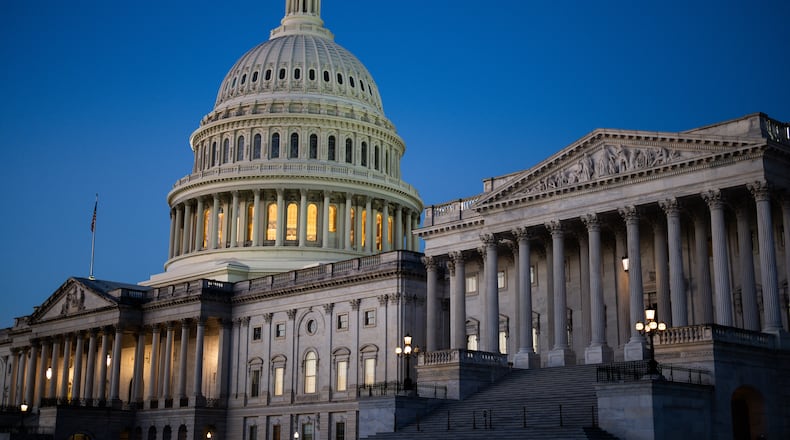The PRESS Act is timely and critical. Absent a federal law, journalists’ protections in federal courts against the compelled disclosure by federal officials of confidential source information or sensitive newsgathering materials vary considerably by jurisdiction. And, in recent years, under administrations of both parties, the Justice Department and other federal agencies have sought sensitive records from or of journalists on multiple occasions. While the Department of Justice adopted new internal guidance in 2021 sharply limiting that practice at DOJ, the policy remains subject to change at the department’s discretion and other federal agencies are not bound by it.
Only Congress can provide the press the certainty of a federal statute and, in doing so, vindicate the core principle that, when our Constitution was adopted, “[t]he press was protected so that it could bare the secrets of government and inform the people.” N.Y. Times Co. v. United States, 403U.S. 713, 717 (1981) (Black, J., concurring).
The PRESS Act, which passed in the House of Representatives on January 18, 2024, would shield reporters from having to disclose information identifying confidential sources as well as records, communications content, documents, or information that the journalist obtained or created as part of their journalism. The bill also bars government demands for that data to third parties like phone or email providers unless a court finds a reasonable threat of imminent violence absent disclosure. And it helpfully uses afunctional definition of journalist that focuses on the gathering and reporting of news to the public.
The bill includes narrow exceptions. A court can order the disclosure of protected information from a covered journalist when it determines that it is necessary to prevent or identify the perpetrator of an act of terrorism against the United States, or to prevent a threat of imminent violence, significant bodily harm, or death, including specified offenses against a minor. It also does not apply when the journalist is suspected of having committed a crime. When one of these exceptions does apply and the government seeks records from a third-party, the bill provides for strong notice provisions to ensure news organizations can negotiate the scope of a request for records or challenge it in court. The government would be able to delay this notice when a judge determines that providing it would pose a ”clear and substantial threat to the integrity of a criminal investigation, or would present an imminent risk of death or serious bodily harm.”
The PRESS Act is a reasonable, common-sense measure to preserve the free flow of information to the public, as evidenced by its broad bipartisan support and the fact that49 states and the District of Columbia have similar protections. All reflect the reality that the press cannot fulfill its constitutionally recognized watchdog role without some safeguard for confidential source identities and sensitive newsgathering material. Congress must step in to provide a durable shield at the federal level.
About the Author
